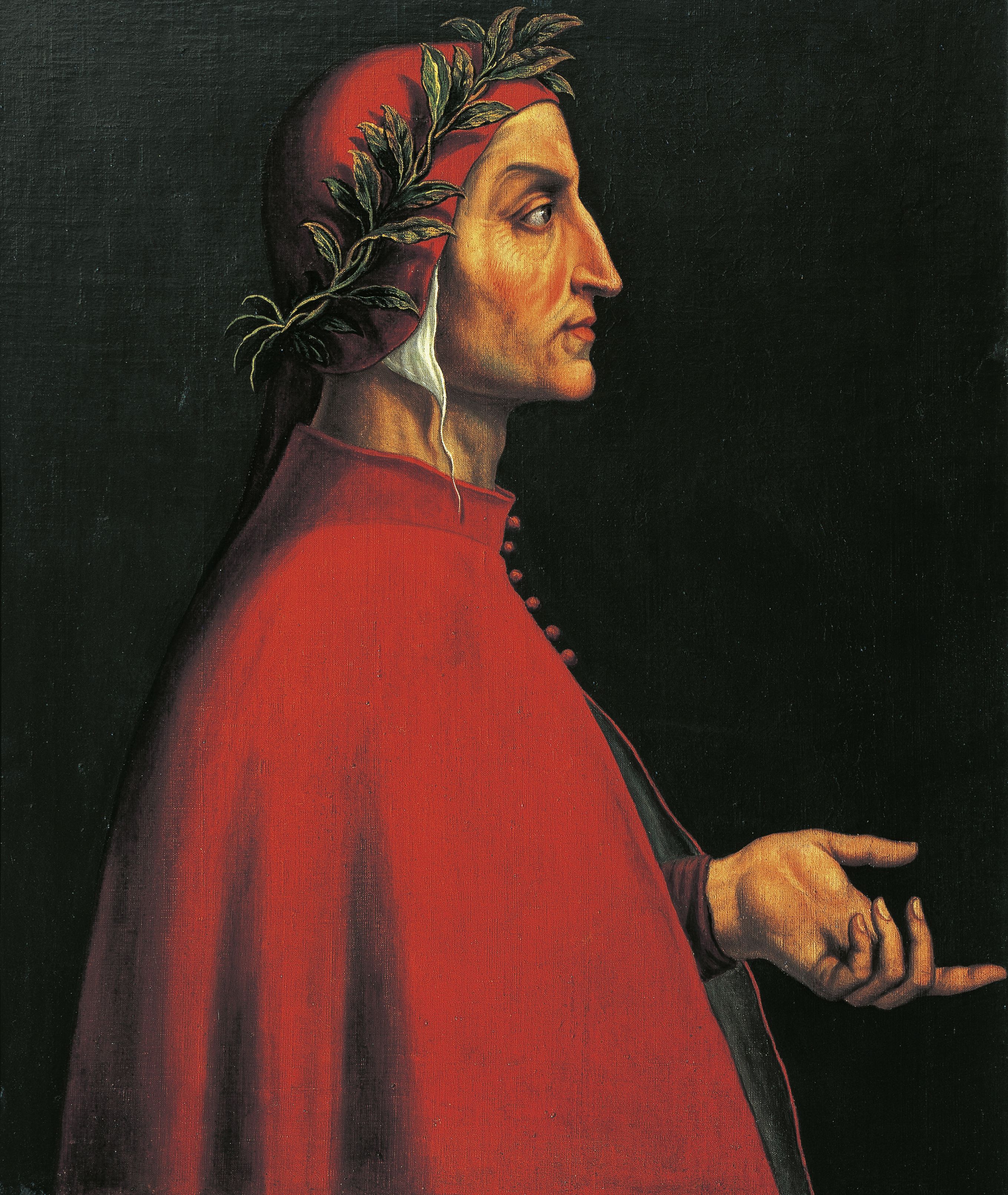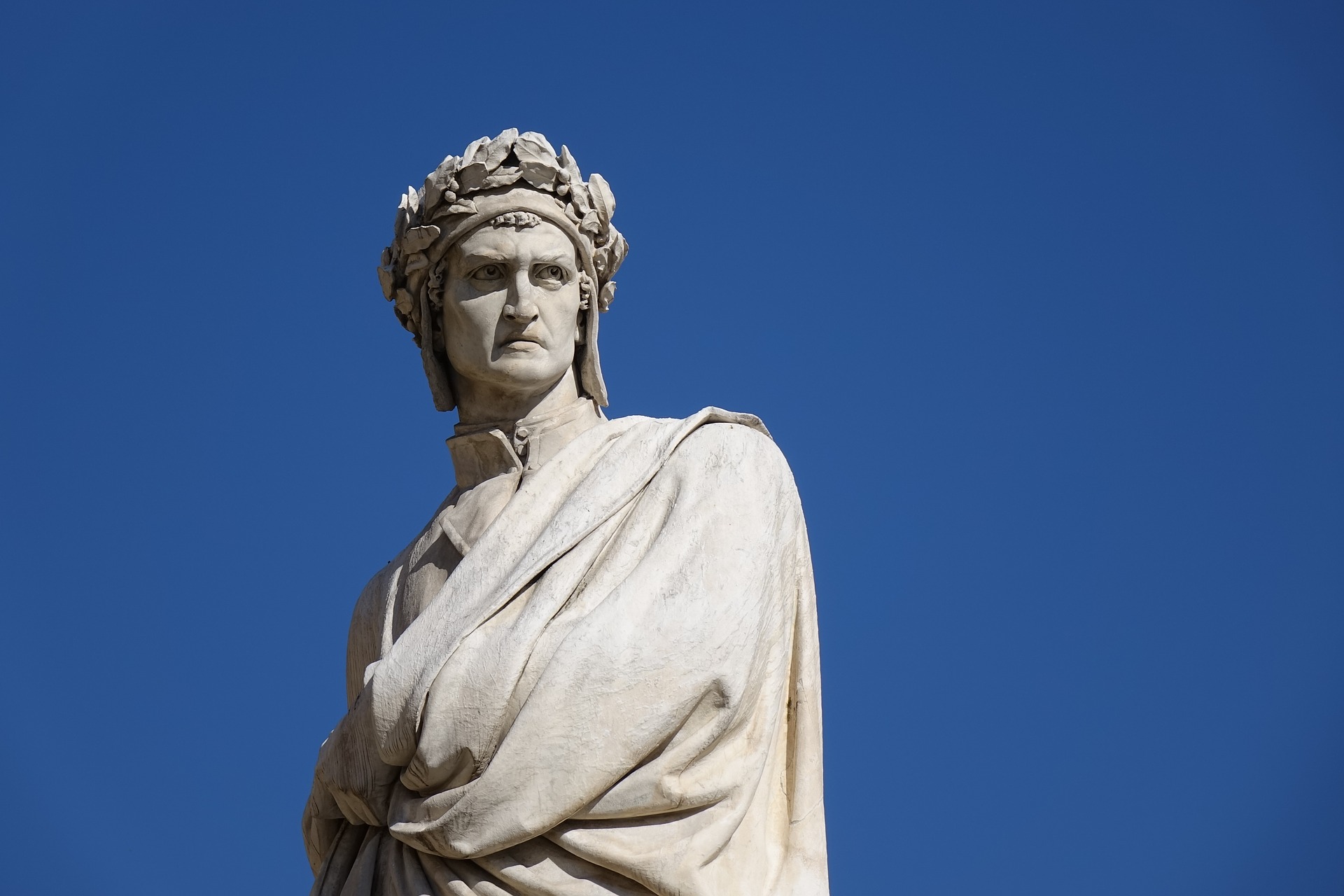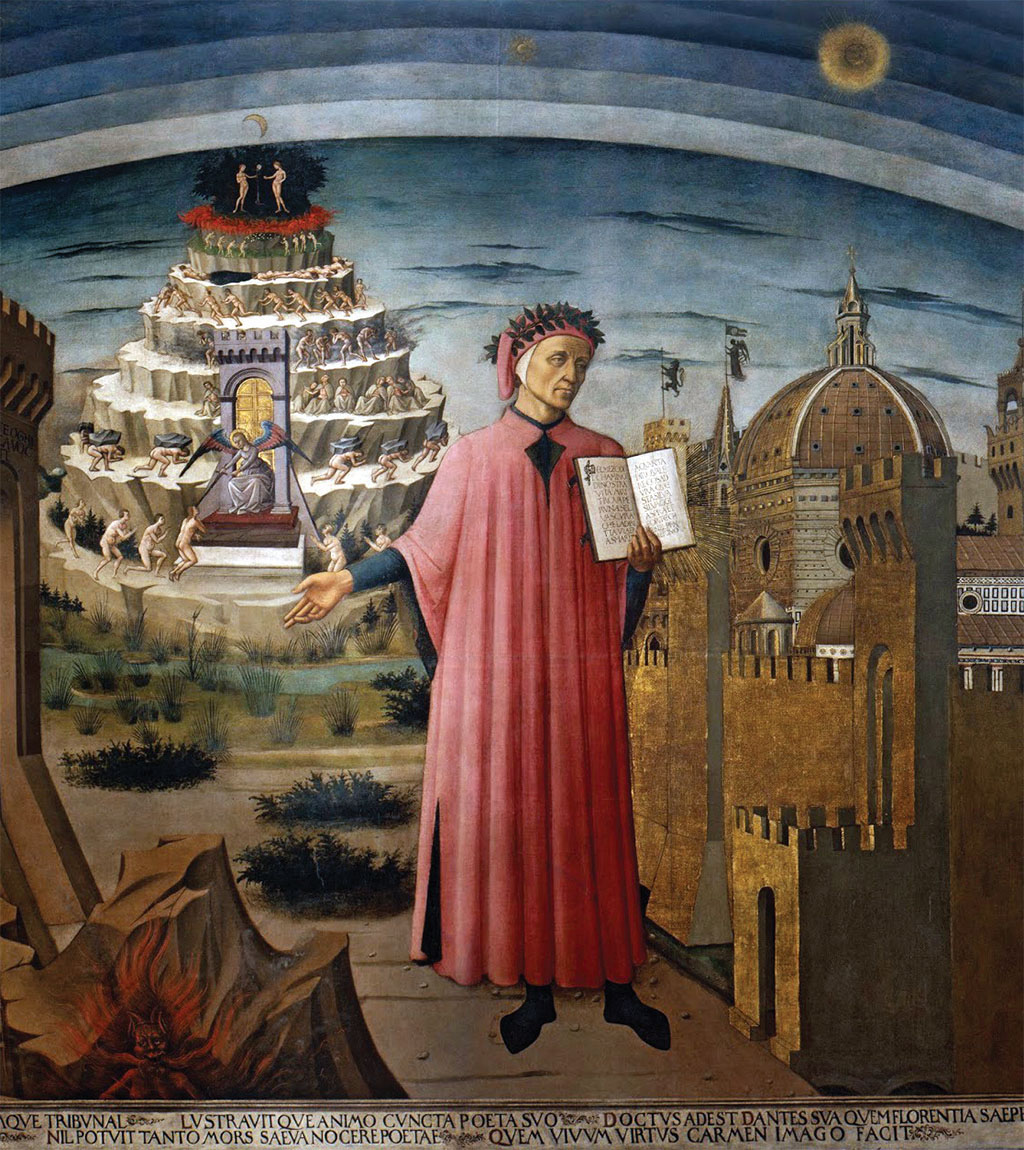Dante Stallone Alighieri1 Maremma Magazine
The divine comedy is an epic poem by dante alighieri in the early 14th century When he awakens on the night of maundy thursday—a holy day celebrating. It consists of three parts
VIDA E OBRAS DE DANTE ALIGHIERI, O SUMO POETA
The poem follows dante's journey through the. Dante alighieri’s divine comedy is a profoundly structured epic poem that intricately intertwines form, allusion, and allegory to explore the themes of morality, redemption, and the afterlife. Dante's work is called divine comedy when there isn't a hint of comedy in it because dante is using a different definition of comedy from how the term is commonly understood
When he awakens on the night of maundy thursday—a holy day celebrating the.
The inscription over the gates in dante's inferno signifies the absence of hope and christ, contrasting with john 14:6, which states that jesus is the way to salvation Dante’s inferno is an epic narrative that plays out on both cosmic and personal scales While the poem lays out a sweeping system of divine justice, it also tracks one man’s path through. Dante’s inferno is a poem that knows it is a poem
While there are important distinctions between dante the author, dante the narrator, and dante the protagonist, each version of dante is a poet. In dante's classic, the divine comedy, there are three parts to the entire work The question at hand is answered in inferno, canto 3 Dante’s introduction to hell at the start of canto 3 is a grim prelude to the rest of his journey

Portrait of Dante Alighieri (Florence, 1265 - Ravenna, 1321), Italian
The gates of hell bear an ominous message telling of the boundless suffering that awaits those.
Dante, the epic’s central character, embarks on a spiritual quest after erring in life Dante is also the author of inferno Virgil is an ancient roman poet who guides dante through the circles.

VIDA E OBRAS DE DANTE ALIGHIERI, O SUMO POETA

Dante Alighieri and the medieval delicacies

Dante Alighieri1 - Maremma Magazine